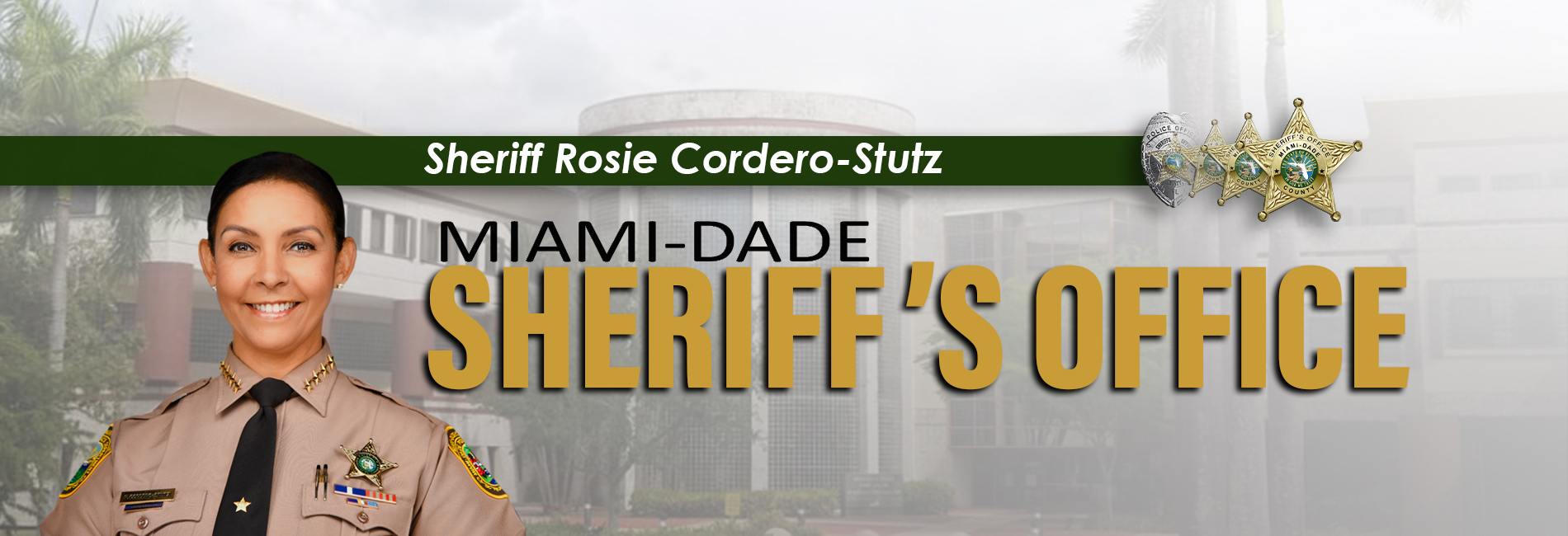What to Do After a Sexual Assault
What You Need to Know
- Don't bathe or douche: Bathing or douching might be the first thing you want to do, but doing so may wash away helpful evidence.
- Save your clothing: If you change your clothes, save what you were wearing and put them in a brown paper bag. If you decide to prosecute, your clothing could be used as evidence.
- Get medical attention immediately: You could be injured-externally and/or internally, become pregnant or contract a sexually transmitted disease. Additionally, a medical examination could provide important evidence of rape if you decide to prosecute.
- Report to the police: It's up to you, but reporting a rape isn't the same thing as prosecuting a rape. You can call the police and report the rape and decide later on if you want to prosecute the attacker.
Victims of violent crime often experience reactions to the crime, including:
- Physical Reactions
- Exhaustion
- Hyperactivity
- Insomnia
- Nightmares
- Emotional Reactions
- Shock/Denial
- Anger
- Self-blame
- Sadness
- Helplessness
- Fearfulness
- Shame
- Guilt
Some victims may experience memory problems, flashbacks, and recurring thoughts of the rape and feelings of isolation.
Remember that you have just experienced a trauma; you need to be with others. Reach out to people you trust, people who care for you. Don't blame yourself.
The assault is not your fault and you are in no way responsible. Give yourself permission to feel sad or angry and share your feelings with others. You're normal and are having normal reactions. You're not crazy!
Do not resort to drugs or alcohol to numb or relieve the pain. Help is out there. Just ask for it.
Even if police involvement is not desired, you can call the Rape Hotline anytime for emotional and medical support.
Rape Hotline: 305-585-RAPE (7273)

Miami-Dade Sheriff's Office
Sheriff Rosie Cordero-Stutz
Miami-Dade Sheriff's Office
Fred Taylor Headquarters - 9105 NW 25th Street,
Doral, FL 33172
305-SHERIFF
